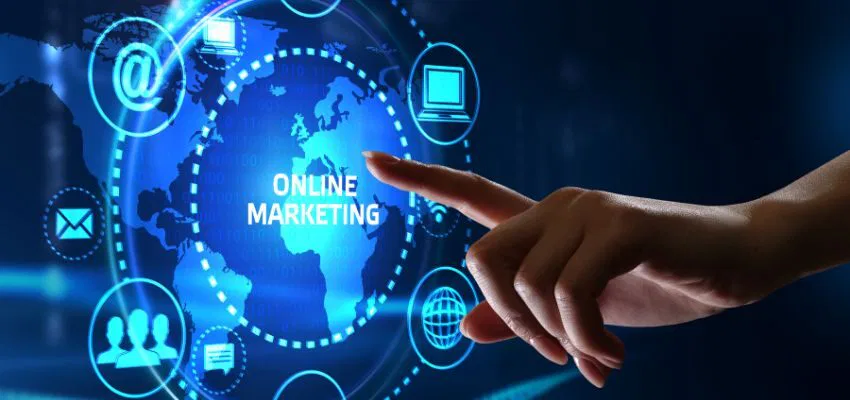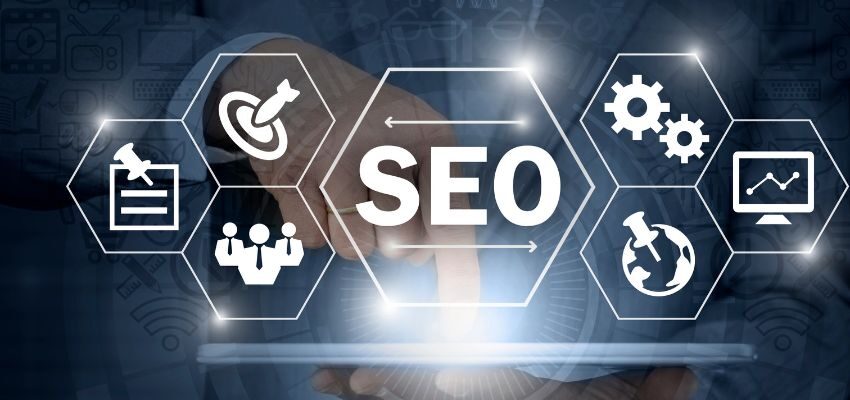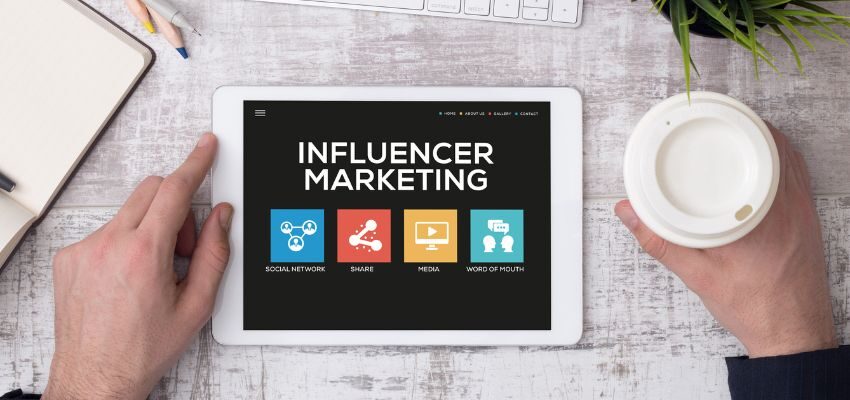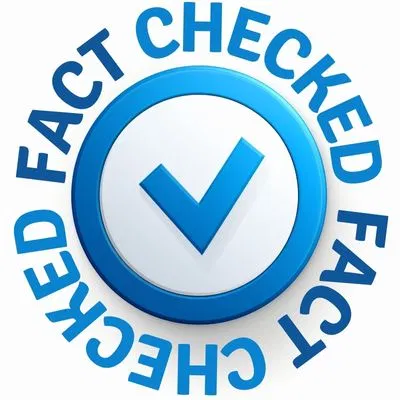What Is Virtual Marketing & How Will It Help Your Business?

Published January 11, 2024
Businesses must adapt or risk becoming obsolete as more people shop online. Think about investing in traditional marketing methods, but people ignore it online. Competitors adjust to the changing online landscape, leaving slower ones behind.
Enter virtual marketing. This pivotal shift propels businesses to the forefront of the digital revolution. It’s essential for success in today’s digital world. In this article, we’ll explore what virtual marketing is all about and what it can do for your brand.
What Is Virtual Marketing?
Virtual marketing involves using digital platforms and technologies to advertise and sell products. The method involves using websites, email campaigns, social media, and search engines. It connects and captivates target audiences.
This type of marketing uses online methods to build a strong brand and engage people. Additionally, it’s vital in creating loyal customers in the long run. Partnering with a reputable digital marketing company is worth considering to ensure your brand starts on the right track.

Why Is Virtual Marketing Important?
Virtual marketing is crucial for businesses in today’s digital era. It breaks geographical barriers, providing effortless access to global audiences. Its real-time analytics enable quick strategy adjustments, optimizing targeting and campaign effectiveness.
This system can adapt to changes in consumer behaviors and market trends. It’s affordable and can undergo customization to fit any business. It can also adapt to changing needs.
Utilizing digital platforms fosters engagement, driving brand loyalty and long-term success. Building strong customer relationships is essential for personalized interactions and constant improvement. This allows using the changing landscape for ongoing innovation.
Businesses that want to succeed and grow in the digital world must use this type of marketing. It’s agile, has a wide reach, and can build engagement.
Virtual Marketing Vs. Digital Marketing
Virtual marketing and digital marketing are often used interchangeably. Both strategies involve collecting information about users from online platforms. The information is crucial in making content that appeals to consumers. It aims to engage online audiences and increase brand interaction and sales.
Benefits Of Virtual Marketing
Virtual marketing has many advantages. Brands can reach more people, increase visibility, and engage with customers online. By prioritizing the right online marketing for small businesses, it ensures brands gain several benefits.

Global Reach
It eliminates geographical barriers, empowering businesses to engage with global audiences. Businesses can grow globally by accessing various markets without any restrictions.
Cost-Efficiency
It’s an affordable way to market compared to traditional methods. Businesses can divide budgets by targeting specific audiences. It also helps cut unnecessary expenses, and maximize return on investment (ROI). The approach optimizes resource use while maintaining the core goal intact.
Analytics And Insights
One notable benefit is the access to real-time data and analytics. Marketers can track campaigns, analyze performance, and make data-driven adjustments. The dynamic feedback loop enhances decision-making, enabling agile adjustments for greatest impact.
Personalization
The power of virtual marketing lies in its capacity to customize marketing efforts. Businesses can create personalized content and experiences by using user data and preferences. This helps them build stronger connections with their audience. Personalization amplifies brand loyalty and enhances customer satisfaction.
Accessibility
Virtual marketing is always working, keeping people engaged on various devices and platforms. Today’s customers want easy communication and quick access to information. With this in mind, it makes this level of accessibility ideal for them.
Different Virtual Marketing Strategies
Digital marketing uses virtual strategies to reach and engage target audiences.
Search Engine Marketing (SEM)
SEM includes paid ads that guarantee top spots on search engine result pages (SERPs). You can reach people who want what you offer by focusing on keywords and demographics. This targeted approach maximizes exposure and facilitates effective engagement with potential customers.

Search Engine Optimization (SEO)
SEO is about making a website better to rank higher in searches. This includes improving content and structure. The tactics aim to improve a brand’s ranking on search engine result pages (SERPs). The process involves making minor changes to these components. This leads to increased website traffic.
To achieve this, improve the site’s relevance and authority in search engine algorithms. This will increase its visibility and exposure to potential visitors. Brands can improve their online presence and reach their target audience. Using SEO techniques is an ongoing process. The main goal is to do whatever it takes to improve in the evolving digital landscape.
Social Media Marketing (SMM)
SMM leverages social platforms to connect, engage, and interact with audiences. It’s one of the online marketing business tactics to maximize. The aim is to make and share engaging material, interact, and form connections. By doing this, more people will see the brand, visit the website, and make purchases.
Effective Web Design
Creating a clear web design is important for easy navigation and attractive layouts. It aims to give users a smooth experience that makes them want to visit and stay. This helps reduce bounce rates and increase conversions.
For the best design, every detail undergoes careful scrutiny. It covers the colors to load speed, to create a good user experience. Effective design creates strong connections between businesses and their online audience. The ideal way to maximize this is by paying attention to detail and usability.

Pay-Per-Click (PPC) Marketing
PPC marketing means paying for ad placement based on the number of clicks received. Brands can reach certain audiences, manage budgets, and track performance to improve ROI. PPC can assist businesses in reaching their target market. It also helps increase website traffic and achieve marketing goals.
Email Marketing
Email marketing is sending personalized emails to connect with potential and existing customers. You can use it to share promotions, updates, and valuable content with people who like it.
Content Marketing
Content marketing is an effective method for developing helpful, relevant, and shareable content. Content marketing aims to attract, engage, and keep a specific target audience. The best way to achieve success is by focusing on their needs and interests.
You can achieve this by sharing useful articles, fun videos, and helpful solutions. Being consistent in creating good content builds trust, loyalty, and credibility. It helps with traffic, conversions, and building customer relationships.

Influencer Marketing
Influencer marketing involves partnering with influential individuals to endorse products or services. Brands can reach specific audiences by using an influencer’s credibility and wide reach. This helps them build authenticity.
Remarketing
Remarketing is a strategy that targets people who have used a website or bought a product before. The main goal is to get them interested again by showing ads for things they liked before.
Marketing Automation
Marketing automation utilizes software to automate marketing tasks and workflows, increasing efficiency. It also helps nurture leads and create personalized experiences for many people. By using this automation to the fullest, you can work faster and have time for other tasks.
Metaverse Marketing
The metaverse is a virtual world. People use computers to explore and connect with others. It presents exciting possibilities for businesses to promote their offerings. Users can immerse themselves in branded experiences through metaverse marketing.
They can explore virtual storefronts and engage in interactive product demonstrations. Brands can use this interactive space to connect with their audience and engage them.
Conclusion: Embracing The Power Of Virtual Marketing
Virtual marketing is the basis of modern business. It offers strategies to engage digital audiences. In today’s digital age, its advantages are very important. It can reach a global scale, save money, and give valuable information. To succeed, it’s critical to integrate customized virtual marketing strategies. Use these strategies to stand out and grow your impact in the changing digital world.
Hire The Digital Marketing Experts
We take online businesses and turn them into online empires by employing smart digital marketing strategies. Our team of experts are trained in a myriad of marketing skill including SEO to help you rank higher in search results, and ad management to ensure your message gets seen by the people you want. Need a business website that attracts business? We also specialize in website design and online sales optimization to help your business grow like never before.

This Content Has Been Reviewed For Accuracy By Experts
Our internal team of experts has fact-checked this content. Learn more about the editorial standard for our website here.

About The Author
Rei Bayucca has a wealth of knowledge and experience as a professional writer for multiple industries. It is her mission to ensure that her readers receive high-quality, informative content that is both entertaining and educational. Through her writing, Rei aims to educate and motivate readers.



